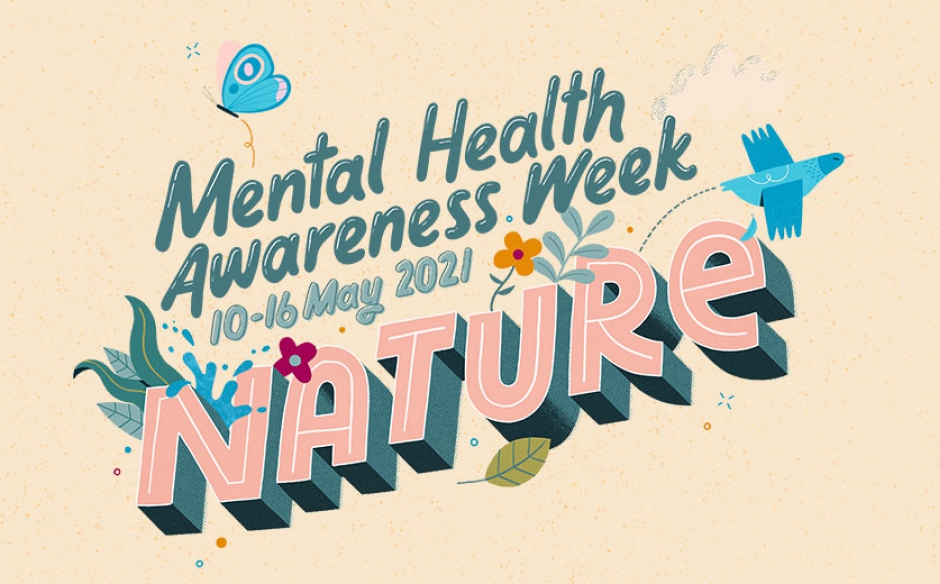This week marks Mental Health Awareness Week, a week aimed drawing further attention to the important subject of mental wellbeing, and importantly, encouraging open discussion on the importance of looking after your own mental health. However, the subject of mental health and mental wellbeing goes far beyond one week earmarked in the calendar. It is a topic that deserves and needs continual discussion and attention.
For employers, it has never been more important to protect and safeguard employees’ mental wellbeing. The stark reality of this need is documented in research conducted by the Health Foundation, which found that the events of the past year have had a significant impact on people’s mental health – with 69% of people “very worried” about the impact of the pandemic is having on their life.
The reality is that COVID-19 has affected everyone – albeit in different ways. Some people have been on extended leave from work, others have lost their jobs, and many people have faced serious health concerns. For those who have worked throughout the pandemic: zoom fatigue, isolation, increased pressure, fear over redundancy or anxiety over having to go to work in a pandemic have all had an impact. Add to this the continued disruption to routines and unprecedented curbs placed on what we can and can’t do, and it is evident why all organisations need to be focused on the mental wellbeing of their employees.
Indeed, a recent survey by MIND found that 42% of people considered resigning when asked how workplace stress had affected them. Moreover, research suggests that mental illness costs the economy in England over £105billion each year. However, this figure is likely to increase as the true impact of the pandemic on mental wellbeing begins to emerge.
So, what simple steps can employers take to create a culture where mental wellbeing is prioritised?
Remove the stigma associated with mental health
Talking about mental health is the first but most important step any organisation can take. Fear of discrimination and feelings shame are often the top reasons people give for not discussing their mental health. As an employer, openly discussing mental health and how the organisation supports its employees is a vital first step. Having mental health first-aiders demonstrates commitment and the importance given to mental wellbeing whilst providing employees with the ‘safe space’ to discuss any concerns they may have.
Check in with colleagues
Isolation has been a very real issue for many employees. Encourage managers, supervisors and colleagues to check in with each other; to maintain social contact but also provide people opportunities to chat about how they are doing. Ideally employers should try to have regular contact with their people, managers and supervisors. This does not have to be daily contact as this could be perceived as micro-management, but checking in once or twice a week to see how people are can make a big difference.
Encourage employees to connect with nature
The theme of this year’s Mental Health Awareness Week is nature, and the impact connecting with nature has on our psychological and emotional health. So actively encouraging your employees to take breaks, to connect with nature – whether it be going for walk during their lunch break, listening to the sounds of nature around them, or simply taking a moment to be still – is one suggestion every business can adopt.
Small steps can have the biggest impact
Supporting your employee’s mental health does not need to be expensive. The essential starting point is to empower employees to feel safe in discussing their feelings. If you are not sure where to start, Mind has put together a series of free resources to help businesses.
If you already have support in place already, ensure that it is clearly communicated and employees know how to access it. All organisations have a duty of care to their employees to protect their health and safety. Mental wellbeing has always formed a part of this, however, now more than ever it is essential all employees feel able to bring their whole-self to work, and this means helping them to maintain good mental health.
To find out more about this Mental Health Awareness Week 2021 and the role of nature in promoting good mental health click here: https://www.mentalhealth.org.uk/campaigns/mental-health-awareness-week/why-nature.












